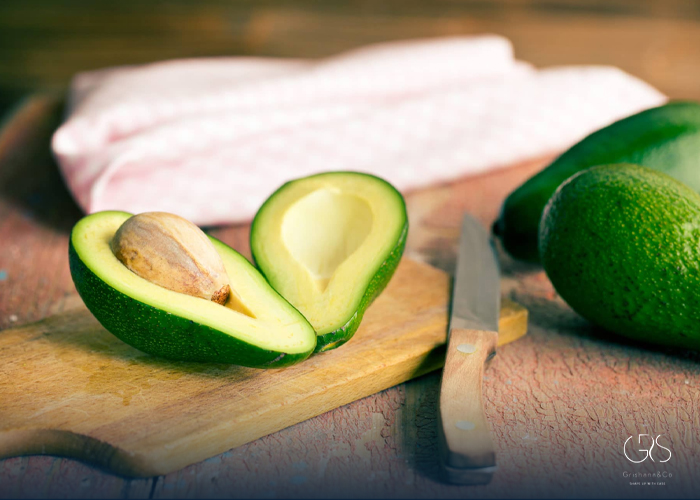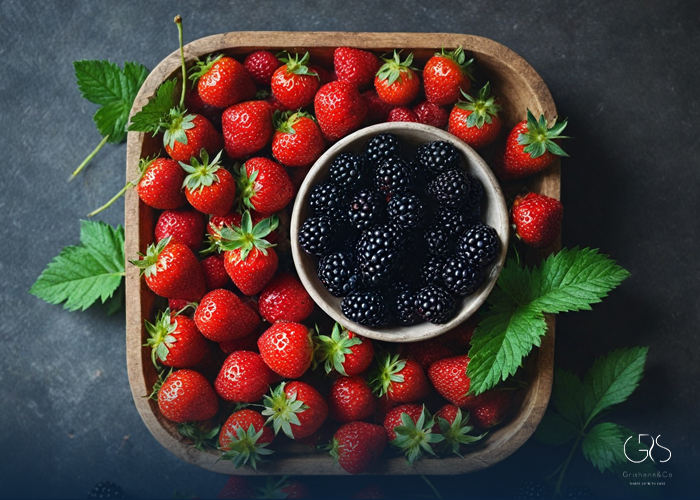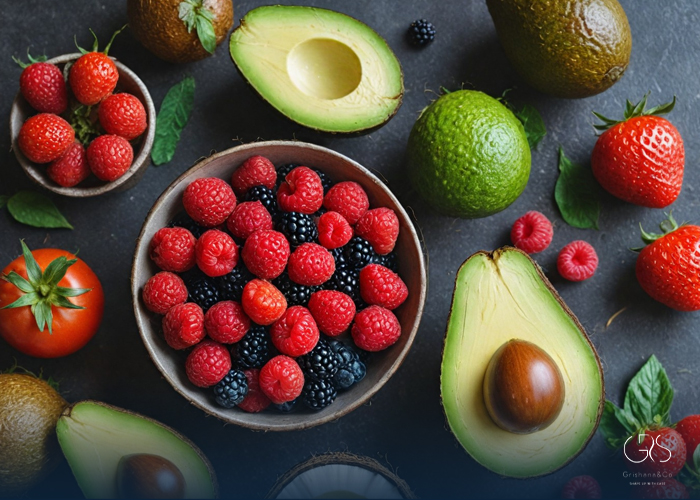The Keto Diet Fruits is a high-fat, low-carbohydrate eating plan that has surged in popularity due to its potential health benefits. This diet aims to transition the body’s energy source from carbohydrates to fats, leading to a metabolic state known as ketosis. During ketosis, the liver produces ketones from fat, providing an alternate fuel source for the body. As a result, the body becomes more adept at burning fat for energy, making the Keto Diet Fruits a favored option for individuals seeking weight loss and enhanced metabolic health.
The Keto Diet and Fruits
When following the keto diet, it is essential to be mindful of the types of fruits consumed, as most fruits are high in natural sugars and carbohydrates. However, some fruits are low enough in carbohydrates to be included in a keto meal plan in moderation. Incorporating certain fruits into a keto diet can provide essential vitamins, minerals, and antioxidants while still maintaining a state of ketosis. In this article, we will explore 9 healthy keto-friendly fruits, as well as fruits to avoid on the keto diet.
9 Healthy Keto Fruits
1.Avocado
Avocado is a unique fruit known for its high-fat content and low carbohydrate levels, making it an excellent choice for those following a keto diet. In addition to being rich in healthy fats, avocados also contain fiber, potassium, and vitamins C, E, K, and B-6.
(I suggest you read my article on avocado consumption. It provides more information on the topic)

2.Berries (Strawberries, Blackberries, and Raspberries)
Berries, including strawberries, blackberries, and raspberries, are lower in carbohydrates compared to other fruits and are packed with antioxidants, fiber, and essential vitamins. They can be consumed in moderation on a keto diet.
(Read more about Health Benefits of Raspberries)

3.Coconut
Coconut, including coconut meat, coconut milk, and unsweetened coconut flakes, is keto-friendly due to its low carbohydrate content and high fat content. Coconut products also offer various health benefits, such as promoting heart health and supporting the immune system.

4.Olives
Olives are low in carbohydrates and high in monounsaturated fats, making them an ideal keto-friendly fruit. They are also a good source of vitamin E, iron, and antioxidants.
5.Tomatoes
Tomatoes are often considered a vegetable, but botanically, they are fruits. They are relatively low in carbohydrates and provide essential nutrients such as vitamin C, potassium, and lycopene.
(Read more about Health Benefits of Vitamin C.)

6.Lemon/Lime
Lemons and limes are citrus fruits known for their low carbohydrate content and high vitamin C levels. They can be used to flavor foods and beverages while contributing minimal carbohydrates to the diet.
(Read more about Lemon)
7.Rhubarb
Rhubarb is a unique keto-friendly fruit that is low in carbohydrates and has a tart flavor. It can be used in various keto-friendly recipes and provides a good source of vitamin K, potassium, and calcium.
8.Watermelon (in moderation)
While watermelon is higher in natural sugars compared to other keto-friendly fruits, it can be enjoyed in moderation due to its high water content and lower carbohydrate levels.
(Check out my article on the benefits of watermelon)
9.Cantaloupe (in moderation)
Cantaloupe, when consumed in moderation, can be included in a keto diet as it is lower in carbohydrates compared to other tropical fruits. It provides essential vitamins such as vitamin A and vitamin C.
Fruits To Avoid on Keto
While some fruits can be incorporated into a keto diet in moderation, certain fruits are best avoided due to their high carbohydrate content. Fruits to avoid on a keto diet include:
- Bananas
Bananas are high in natural sugars and carbohydrates, making them unsuitable for a strict keto diet. One medium-sized banana can contain around 27 grams of carbohydrates. - Grapes
Grapes are relatively high in sugar and carbohydrates, making them inappropriate for a keto diet. A single cup of grapes contains approximately 23 grams of carbohydrates. - Pineapple
Pineapple is a tropical fruit with high sugar content, providing about 21 grams of carbohydrates per one-cup serving, making it unsuitable for keto. - Mango
Mangoes are known for their sweet flavor and high carbohydrate content, with one medium mango containing approximately 50 grams of carbohydrates. - Apples
Apples are rich in natural sugars and carbohydrates, making them less compatible with a keto diet. A medium-sized apple can contain around 25 grams of carbohydrates. - Oranges
Oranges are high in natural sugars and carbohydrates, making them less suitable for maintaining a state of ketosis.
Conclusion
The keto diet has gained popularity for its potential health benefits, particularly in weight management and metabolic health. When following a keto diet, it is important to choose fruits that are low in carbohydrates to maintain a state of ketosis while still benefiting from essential nutrients. Incorporating keto-friendly fruits such as avocados, berries, coconut, olives, tomatoes, lemon/lime, rhubarb, watermelon, and cantaloupe in moderation can provide a range of vitamins, minerals, and antioxidants. Additionally, it is crucial to avoid high-carbohydrate fruits such as bananas, grapes, pineapple, mangoes, apples, and oranges to stay within the carbohydrate limits of the keto diet.
The keto diet offers a unique perspective on nutrition, emphasizing the role of fat as a primary fuel source while limiting carbohydrate intake. By carefully selecting keto-friendly fruits, individuals can enjoy a diverse range of nutrients while supporting a state of ketosis. Understanding the balance between fruit consumption and carbohydrate limitations is essential for successful adherence to a keto diet.
Sources
- Healthline, 9 Nutritious Keto-Friendly Fruits
- National Library of Medicine, Carbohydrates










